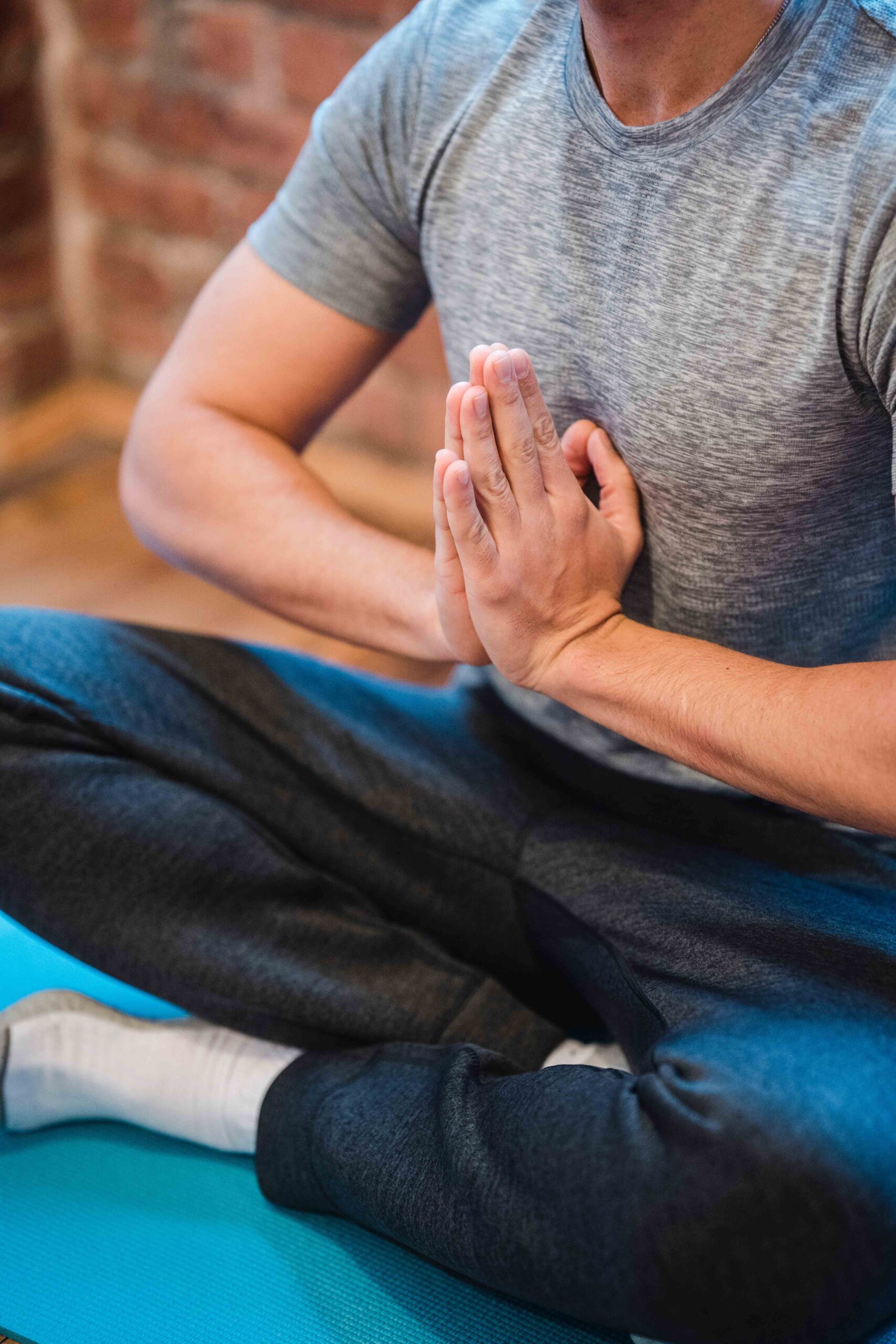Physical Wellness
Physical wellness is a key component of overall well-being, regardless of age. Engaging in regular exercise, maintaining a balanced diet, and getting adequate rest are all important aspects of physical wellness that can help to reduce the risk of chronic diseases, improve cardiovascular health, and promote overall well-being.
Improved physical health can bring a wide range of benefits to a person’s life. Here are some of the key benefits:
Increased energy: When a person engages in regular physical activity and eats a balanced diet, they can experience an increase in energy levels, which can help them feel more productive and focused throughout the day.
Reduced risk of chronic diseases: Regular physical activity can reduce the risk of many chronic diseases, including heart disease, stroke, diabetes, and certain types of cancer.
Better sleep: Physical activity can help improve the quality of sleep, which can lead to increased energy levels, better mood, and improved overall health.
Improved mental health: Physical activity has been shown to reduce symptoms of depression, anxiety, and stress, and can improve overall mood and self-esteem.
Stronger immune system: Regular physical activity can help strengthen the immune system, which can help the body fight off illnesses and infections.
Improved cognitive function: Physical activity can help improve cognitive function, including memory, attention, and processing speed.
Increased longevity: Regular physical activity is associated with increased longevity, meaning that people who engage in regular physical activity tend to live longer, healthier lives.

To sum up, physical wellness is essential for individuals of all ages,. Engaging in regular physical activity, maintaining a balanced diet, and getting adequate rest are all important components of physical wellness that can help to reduce the risk of chronic diseases, improve cardiovascular health, and promote overall well-being.
